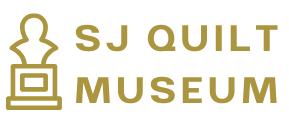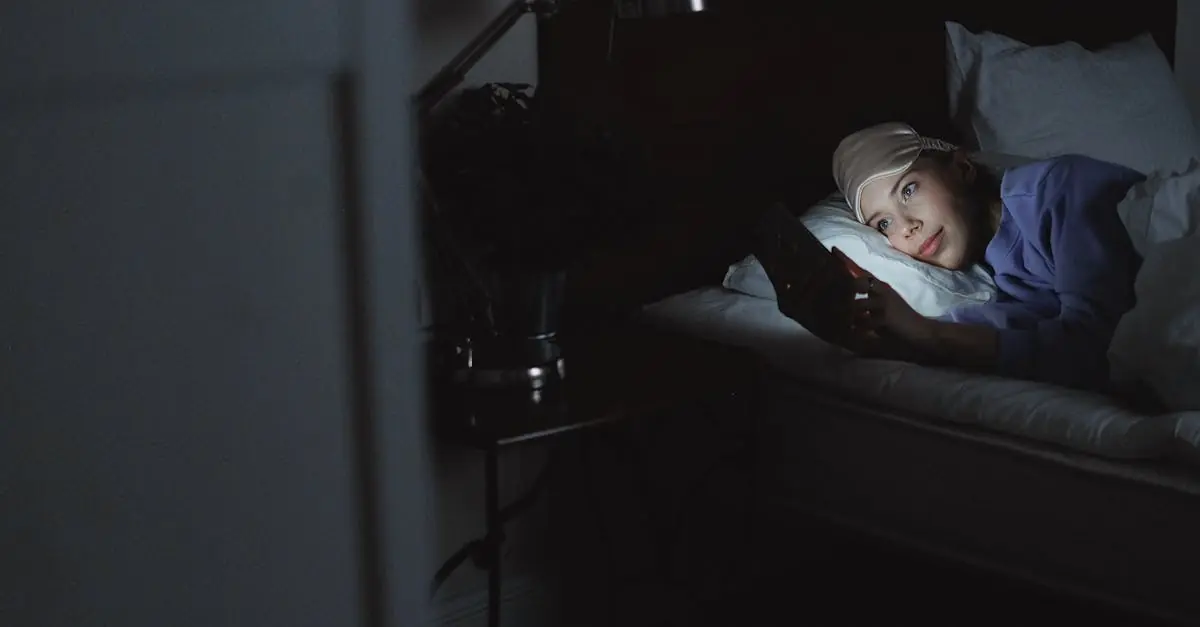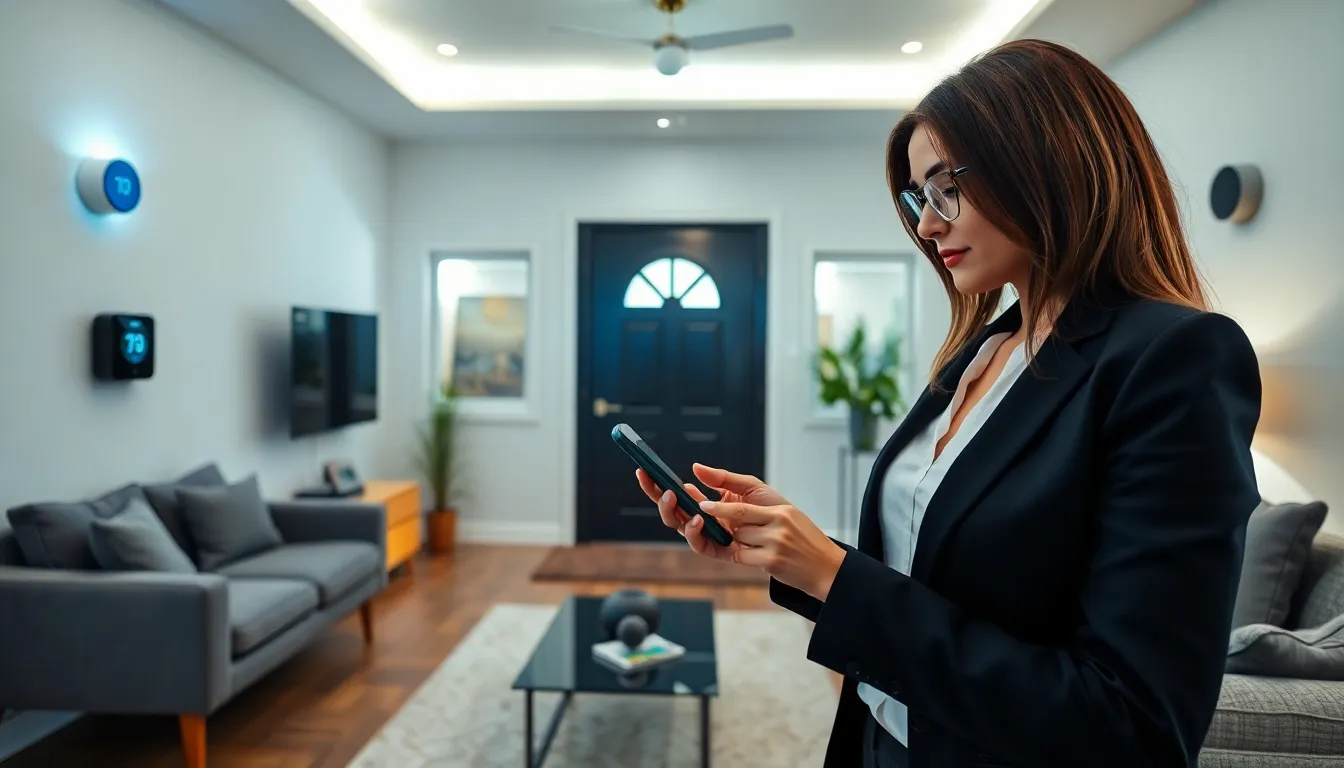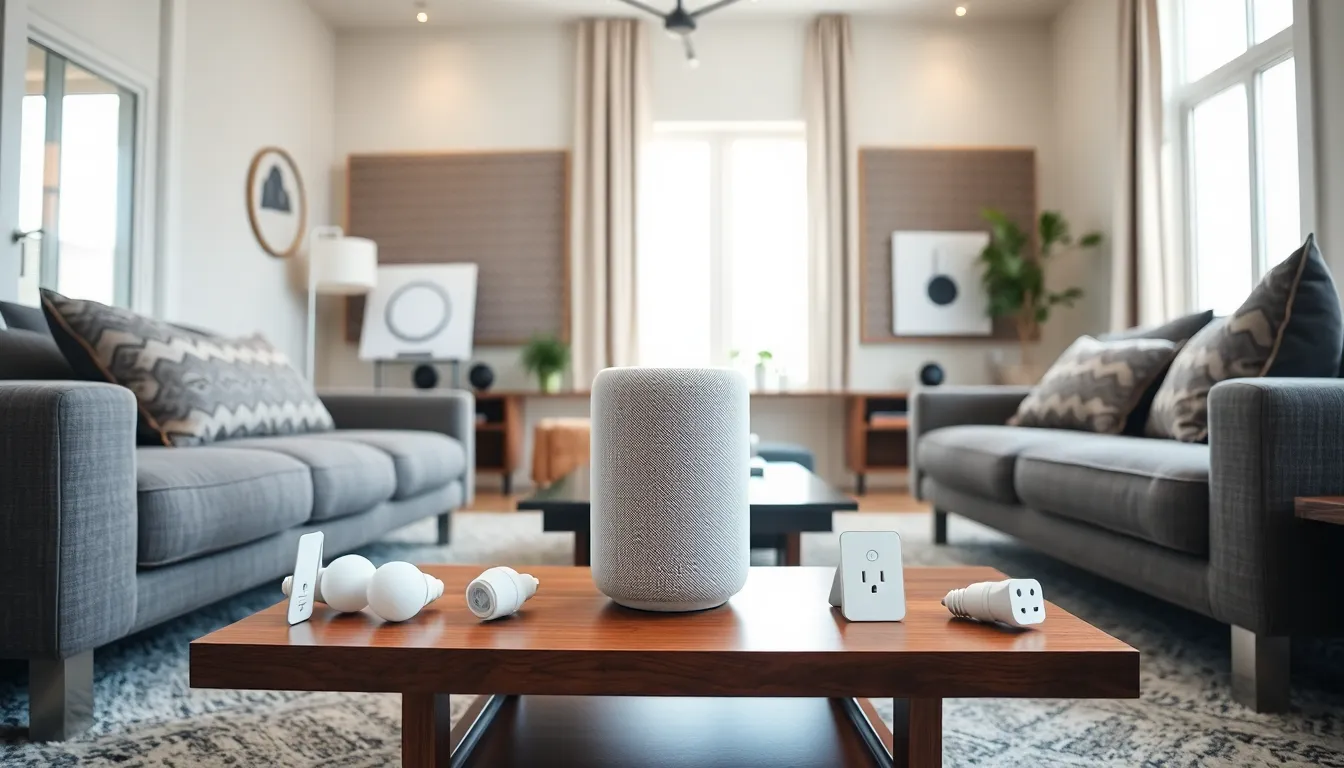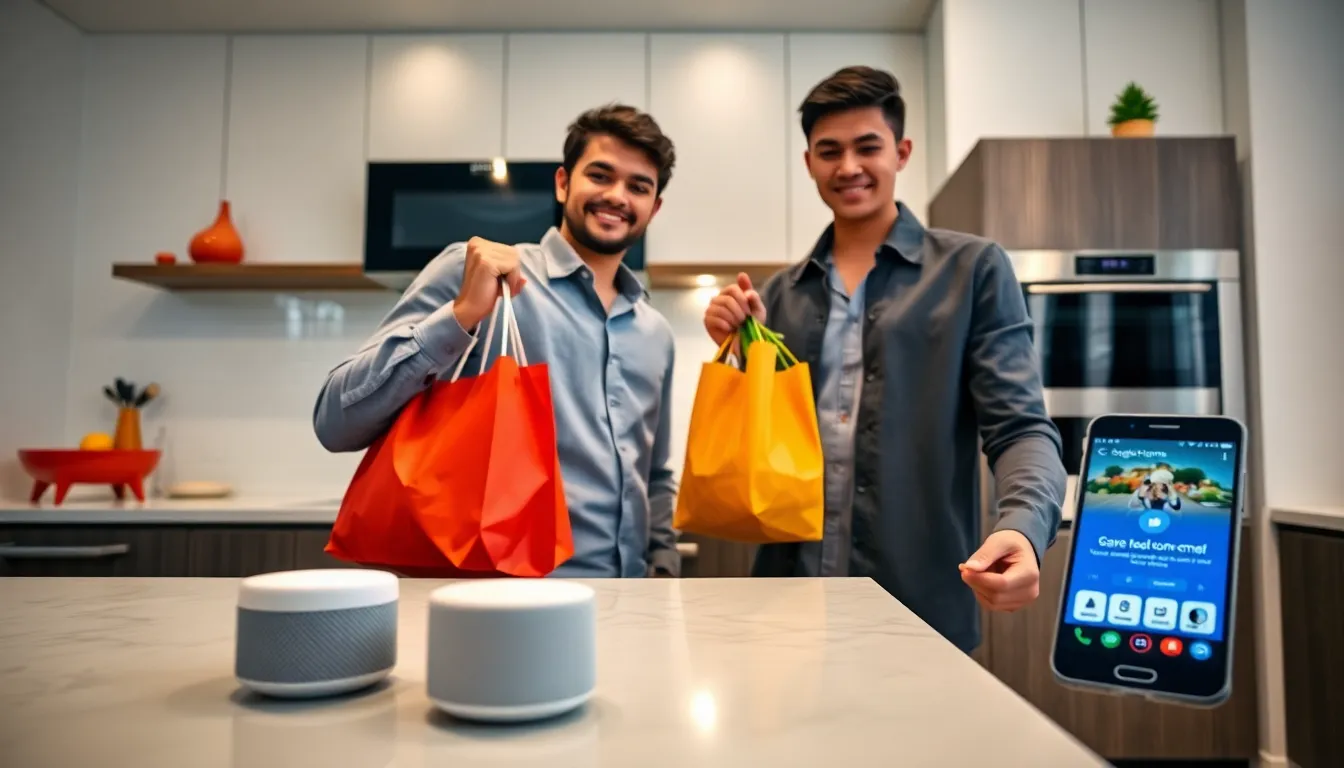In a world where sleep often plays second fiddle to work and social media, smart sleep technology is here to rescue those elusive Z’s. Imagine a gadget that not only tracks your sleep patterns but also gently nudges you awake at the perfect moment, ensuring you rise and shine instead of resembling a grumpy bear. With the latest innovations in sleep tech, restful nights are just a click away.
Table of Contents
ToggleOverview of Smart Sleep Technology
Smart sleep technology encompasses various devices designed to enhance sleep quality and duration. These technologies track sleep patterns with precision, offering insights that facilitate improvements in rest. Sleep trackers, for instance, monitor movements during the night, providing data on different sleep stages.
Wearables like smartwatches and fitness bands contribute substantially to this sector. They collect information about heart rate and body temperature, enabling users to understand their sleep health better. Many devices now feature gentle alarm systems, which wake users during lighter sleep phases, reducing grogginess.
Smart beds are another innovation within this field. Equipped with adjustable firmness settings and temperature controls, these beds cater to individual sleep preferences. Some models even connect to sleep tracking apps, giving users a comprehensive overview of their sleep habits.
Mental wellness also benefits from smart sleep technology. Apps designed for sleep meditation help users relax before bed, combating insomnia effectively. Sound machines that produce white noise or calming melodies provide soothing backgrounds for optimal relaxation.
Data visualization plays a key role in these advancements. Users receive easy-to-understand reports on their sleep statistics, allowing them to make informed decisions about their bedtime routines. Moreover, integration with smart home systems enhances the overall sleep environment, creating an ideal setting for rest.
With the increasing reliance on technology for health improvement, smart sleep solutions emerge as valuable tools. The combination of various innovations makes achieving restful nights more feasible in today’s fast-paced world.
Types of Smart Sleep Technology
Smart sleep technology includes various devices and applications aimed at improving sleep quality and duration. These tools cater to diverse needs and preferences, making restful sleep more achievable.
Wearable Sleep Trackers
Wearable sleep trackers monitor movements, heart rate, and other vital signs during sleep. Many popular options include smartwatches and fitness bands, offering seamless integration with smartphones. Insights generated help users understand sleep patterns and identify areas for improvement. Data collected can guide adjustments to bedtime routines and sleep habits, enhancing overall restfulness. Users often appreciate notifications and reminders that encourage healthier sleep schedules.
Smart Mattresses
Smart mattresses adjust firmness and temperature based on individual preferences. These mattresses often incorporate sensors that collect data on sleep positions and movements throughout the night. Some models connect to apps that provide personalized recommendations for optimal sleep settings. Customizable support reduces discomfort and improves sleep quality. Many consumers report enhanced comfort and better overall rest, thanks to these innovative sleeping solutions.
Sleep Apps
Sleep apps feature various functionalities designed to promote relaxation and healthy sleep habits. Popular offerings include meditation guides, soothing soundtracks, and tracking tools that analyze sleep quality. Users can set goals and receive reminders to create consistent bedtime routines. Many apps generate reports detailing sleep patterns, providing valuable insights for users. Integration with wearable devices allows further personalization of sleep experiences, helping individuals achieve their ideal rest.
Benefits of Smart Sleep Technology
Smart sleep technology offers numerous advantages that enhance overall sleep experiences. With precise monitoring and tailored solutions, users can achieve significant improvements in their nightly rest.
Improved Sleep Quality
Enhanced sleep quality stands as a primary benefit of smart sleep technology. Sleep devices such as trackers and smart mattresses adjust settings to individual preferences, directly influencing comfort. Various features like gentle alarms wake individuals during light sleep, minimizing grogginess. Additionally, tracking data helps users understand patterns, leading to informed adjustments in sleep habits. Many also gain insights into optimal sleep environments, ensuring restful nights are within reach. Overall, better sleep experiences lead to increased daytime productivity and well-being.
Health Tracking and Insights
Health tracking emerges as another crucial aspect of smart sleep technology. Wearable trackers monitor vital signs like heart rate and body temperature throughout the night. Data collected presents users with actionable insights into sleep quality and patterns, allowing for targeted improvements. Many appreciate receiving personalized feedback, which can guide lifestyle adjustments. These insights often help in identifying potential sleep disorders or health issues. By utilizing this technology, users can take proactive steps toward better sleep health, contributing to overall well-being.
Challenges and Concerns
Smart sleep technology presents various challenges and concerns significant enough to warrant attention. Users must navigate these complexities to fully benefit from sleep innovation.
Privacy Issues
Privacy remains a paramount concern for users of smart sleep technology. Devices often collect sensitive personal data including sleep patterns and health information. With frequent data sharing among manufacturers and third parties, individuals feel apprehensive about potential misuse. Additionally, breaches of data security can compromise personal health information, leading to identity theft or unauthorized access. Users should investigate the privacy policies of devices before purchase and understand how data is handled. Transparent privacy practices help build trust between manufacturers and consumers.
Dependency on Technology
Dependency on technology poses another challenge within smart sleep solutions. Overreliance on devices can lead to diminished innate sleeping skills, causing users to struggle without their gadgets. Real sleep issues often necessitate lifestyle changes rather than constant monitoring. Moreover, users might find themselves frequently checking devices during the night, which could disrupt rather than enhance sleep quality. Establishing a balance between leveraging technology and nurturing traditional sleep habits becomes essential. Ensuring quality rest might require occasional breaks from the devices and adopting natural sleep enhancement techniques.
Future Trends in Smart Sleep Technology
Advancements in smart sleep technology promise exciting developments. Personalized sleep optimization stands out, where algorithms analyze individual data to tailor sleep environments and schedules directly. Sustainable materials in smart mattresses enhance sleep quality while promoting eco-friendliness, appealing to environmentally conscious consumers.
Innovative integration with artificial intelligence provides predictive insights. Devices may soon learn patterns and suggest proactive adjustments, such as changing room temperature or recommending bedtime changes. Enhanced monitoring of mental wellness will likely surface through advanced sleep apps, focusing on stress reduction and mindfulness.
Wearable technologies aim to introduce additional features, such as blood oxygen level monitoring, enriching health insights during sleep. The fusion of health data with fitness goals may encourage a deeper understanding of the relationship between activity and rest, thereby improving well-being.
Voice-controlled sleep environments signify a shift towards hands-free convenience. Smart speakers can integrate with sleep trackers, creating customized sleep sounds and responding to user preferences. Enhanced connectivity among smart home devices fosters seamless control over lighting, temperature, and sound, crafting a perfect sleep sanctuary.
User privacy and data security concerns will prompt manufacturers to implement stricter protocols. New features may allow users to manage privacy settings more effectively, fostering trust in technology. Additionally, strategies that promote a balance between technology use and traditional sleep practices will guide consumers towards healthier sleeping habits.
Innovations in sleep technology continue to emerge, emphasizing accessibility and affordability. As affordability increases, a broader audience will benefit from smart sleep solutions. The future of sleep enhancement hinges on a combination of innovation, user-centric design, and responsible usage.
Smart sleep technology is revolutionizing how individuals approach rest in an increasingly demanding world. By offering tailored solutions that cater to unique sleep needs, these innovations empower users to enhance their sleep quality and overall well-being. As advancements continue to emerge, the focus on personalization, sustainability, and user privacy will shape the future of sleep technology.
Balancing the use of these tools with traditional sleep practices is essential for maintaining healthy sleep habits. With smart devices making restful nights more attainable, individuals can look forward to a future where quality sleep is both accessible and achievable. Embracing these technologies responsibly will pave the way for improved sleep health for many.
